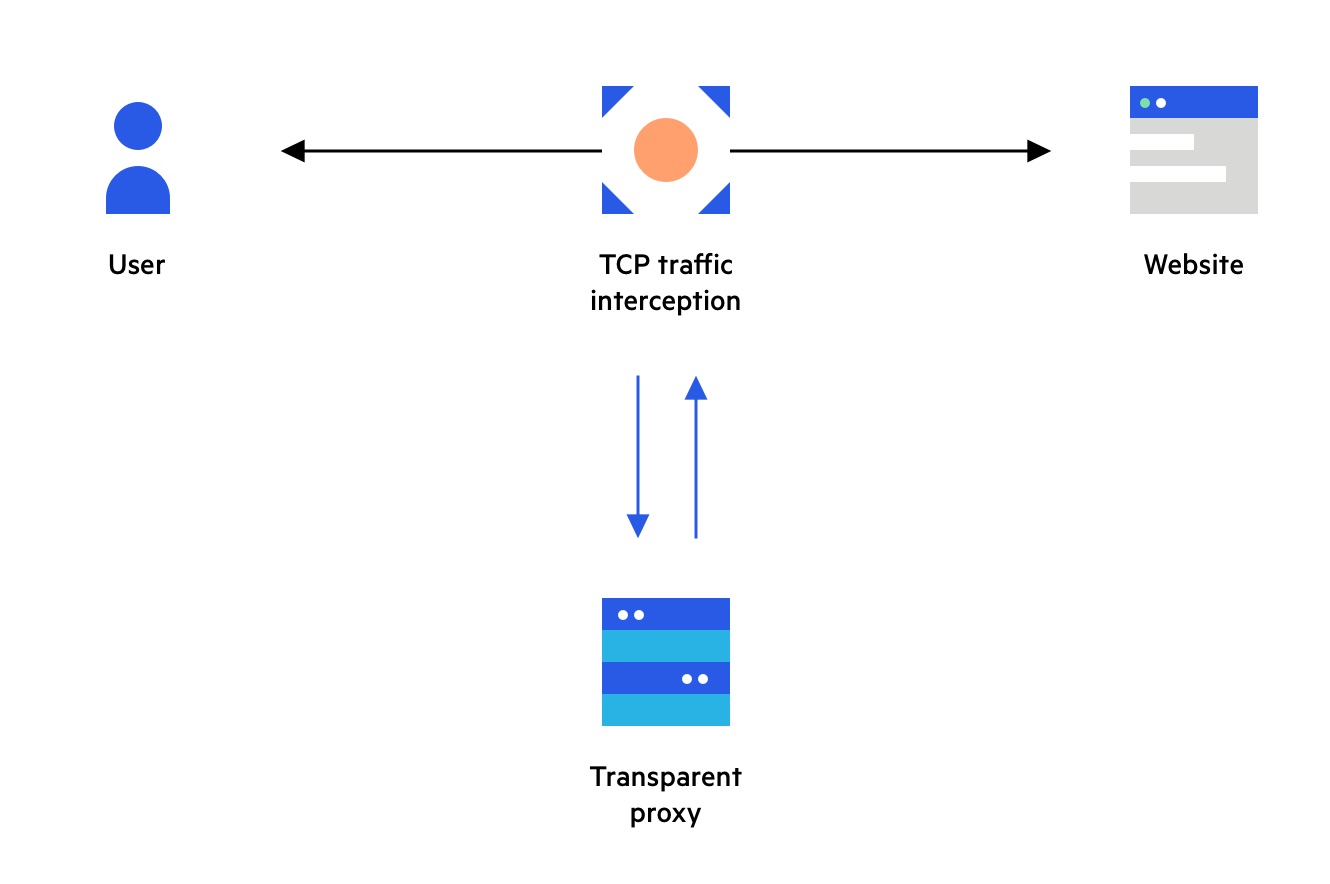Static residential proxies are an essential tool for individuals and businesses aiming to enhance their online activities with increased privacy, security, and reliability. Unlike dynamic or rotating proxies that frequently change IP addresses, static residential proxies provide a consistent IP address assigned from real residential devices. This unique characteristic makes them highly valuable for various applications where stability and authenticity matter.
One of the primary advantages of static residential proxies is their ability to mimic genuine user behavior on the internet. Because these proxies use IP addresses associated with actual residential locations, they are far less likely to be flagged or blocked by websites compared to data center proxies. This makes them ideal for tasks such as web scraping, market research, ad verification, sneaker copping, and managing multiple social media accounts without triggering suspicion.
The term “static” refers to the fact that these proxy IPs do not change over time during a session or across sessions unless manually switched by the user. This consistency is crucial when performing activities that require maintaining login sessions or bypassing security measures relying on IP recognition. For instance, e-commerce platforms often monitor login attempts from varying IPs as potential fraud indicators; using static residential proxies helps users avoid such issues.
Obtaining static residential proxies typically involves subscribing to proxy service providers who maintain large pools of real device IPs worldwide. These providers either lease access from homeowners through peer-to-peer networks or partner directly with ISPs (Internet Service Providers) to allocate genuine residential IPs for proxy usage. The geographical diversity offered enables users to appear as if they are browsing from virtually any location globally-an advantage in geo-targeted marketing strategies and localized content testing.
Security is another critical aspect where static residential proxies excel. By routing traffic through legitimate home-based connections rather than data centers known for hosting bots and malicious actors, these proxies reduce the risk of blacklisting and increase trustworthiness in automated processes like ticket purchasing or price comparison tools.
However, it’s important to consider potential drawbacks before integrating static residential proxies into your workflow. They tend to be more expensive than other types due to their scarcity and higher operational costs involved in maintaining authentic connections. Additionally, speeds can sometimes be slower compared to data center alternatives because of network variability inherent in consumer-grade internet services.
In conclusion, static residential proxies offer a powerful solution for those needing reliable anonymity combined with realistic browsing footprints online. Their ability to maintain stable identities while providing access through genuine home networks sets them apart from other proxy options available today. Whether you’re conducting sensitive business intelligence gathering or simply seeking enhanced privacy protection during everyday internet use, understanding how static residential proxies work will help you make informed decisions tailored to your specific needs.




